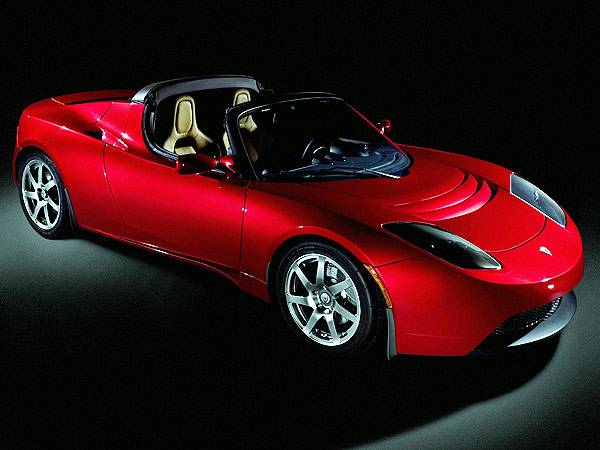Still takes 8 hours charge. And wait till you see the jump in your light bill.
Yep. It costs a electric car around 120 bucks to travel four hundred miles. Costs me 48 bucks.....and I don't have to wait 20 hours.
Yeah, none of those things are true (at least about the Tesla).
The Tesla costs about a penny a mile on your electric bill, can go 250 miles on a single charge, and takes 3.5 hours to charge fully.
And it goes from 0 - 60 in 3.7 seconds.
Maybe, they havn't built one yet. When they have one on the road I will certainly look at it but at 110,000 bucks I would rather have a race prepped Nissan Skyline GT-R. It will eat a Tesla for breakfast.





